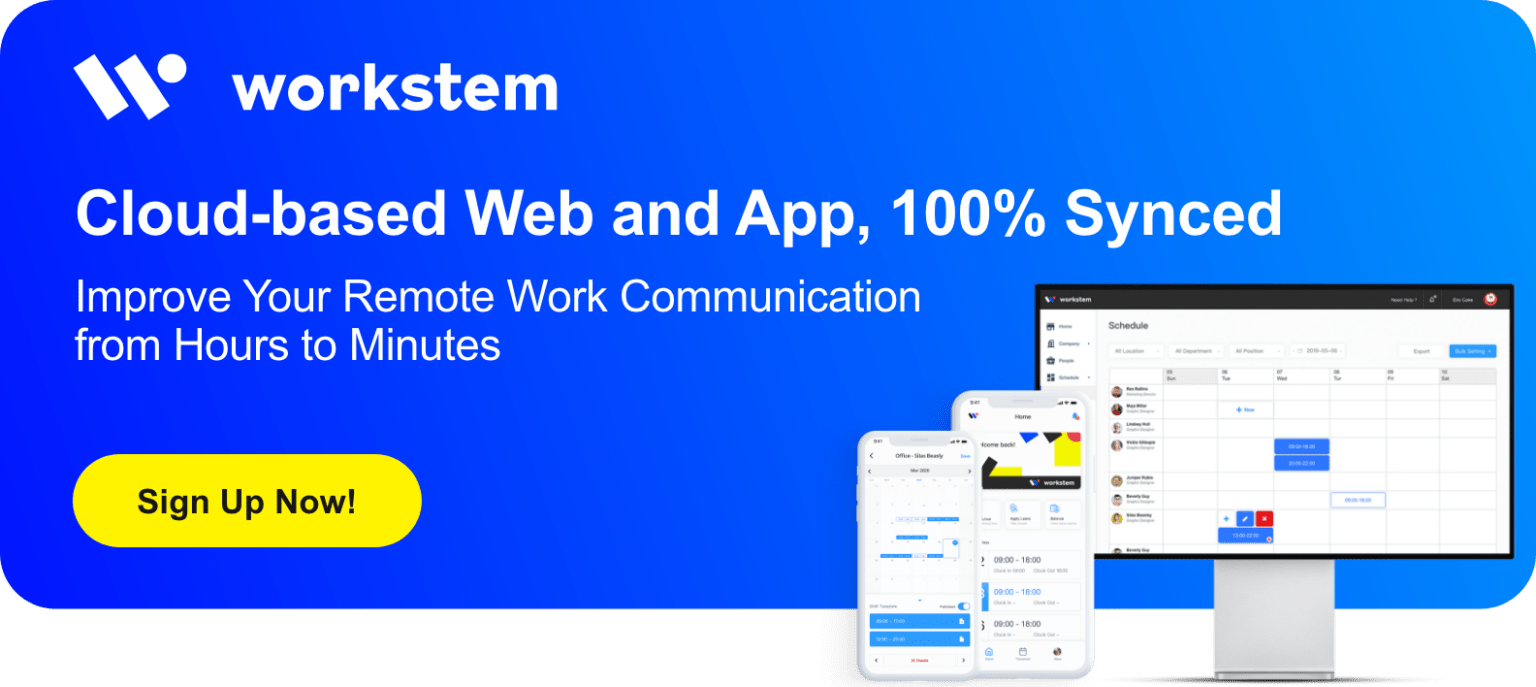These days, I have talked with my friends and I found that many people would like to be freelancers or to choose (daily) cash pay jobs. They believe cash payment means no need to file tax or make MPF contribution. However, as an employer, it is not as effective as you think to pay cash to your employees, or it might be some potential problems you do not know.
Employer must report employment taxes
Many people think that the record of paying employees in cash is untraceable, so they do not need to file taxes. Even some of them believe this “loophole” could make tax evasion works. As a matter of fact, the view is wrong because it is illegal.
Reporting profits tax, completing all income arising from your principal business activities are the responsibilities of enterprises. Generally, all outgoings and expenses, to the extent to which they have been incurred by the taxpayer in the production of chargeable profits, are allowed as deductions. Reference can be made to section 16 of the Inland Revenue Ordinance (I.R.O.). The wages paid to partners (including spouses), to employees (including part-time and temporary employees), can deduct expenses of profit tax for the company. Therefore, even for cash pay jobs, employees receive tax returns.
Why if i don’t receive tax return?
If you receive Tax Return – Individuals (BIR60), known as “Green Envelope”, from the I.R.O., you must complete, sign and file it in time. Some young people said that they have not received their first green envelope yet.
If your annual income does not exceed the basic allowance HK$132,000, you would not receive the first tax return. After a period of doing full-time jobs or your annual income is higher than HK$132,000, you would receive a green envelope every relevant year. When you receive the tax return, it is your duty to file taxes. Those who engage in part-time and temporary work should also report their income, even if they do not have any income.
As employers pay employees in cash for a long time without record, it will be complicated to report and need to take a lot of time to communicate with the employer. If the tax reporting is more than the actual amount, I.R.O. will analyze the taxpayer’s situation, automatically change to the standard tax rate and give notice. Any person who without reasonable excuse makes an incorrect return or gives any incorrect information, etc., the offence is subject to a fine of HK$10,000 and treble the amount of the tax undercharged.
Potential problems of cash payment
There is a risk of cash payment despite its convenience. Some companies recruit employees and pay them through agencies, most of them pay in cash. At the same time, these agencies might not have licenses or have contract signed with employees, making employees lack protection of the law. Something also happens in paying employees in arrears, recording fewer working hours, disappearing after work, etc., so employees’ rights are not guaranteed.
Cash payment is a way to save surcharge of autopay, however, it lacks flexibility. To record the attendance of hundreds of staff recruited for some events is very difficult, so employers would make one schedule, which is 8 working hours for all of them. But the employer finds that some employees are not actually working, spending less time than actual working hours. It makes more costs for the employer.
Employees need to provide their personal information, for example, names, ID numbers, etc., and sign to confirm that the employer has paid them in cash. Business owners are required to keep business accounting records, including payroll records, for at least 7 years.
Please note that when on hiring the employee, you have to maintain a record of that person’s:
(a) personal particulars (name, address, identity card or passport number with place of issue, marital status)
(b) nature of employment (full time or part-time)
(c) capacity in which employed (e.g. sales manager, salesman, worker, in-house lawyer, accountant, director)
(d) amount of cash remuneration (regardless of denomination in domestic or foreign currency and remuneration paid outside Hong Kong)
(e) non-cash and fringe benefits (such as quarters, holiday journey benefits, share award, share option)
(f) employer’s and employee’s contributions to the Mandatory Provident Fund (MPF) or its equivalent
(g) employment contract and amendments to terms of employment
(h) period of employment

(The content and information in this article are for reference only. The accuracy and reliability of the information are subject to the latest government regulations. If you want to reprint the article or content, please contact us first or attach a link to this article, and indicate the source of reprint.)







![[418 Guide] Ordinance 418 And Continuous Contract](https://www.workstem.com/wp-content/uploads/2023/08/Untitled-design-min-350x220.png)